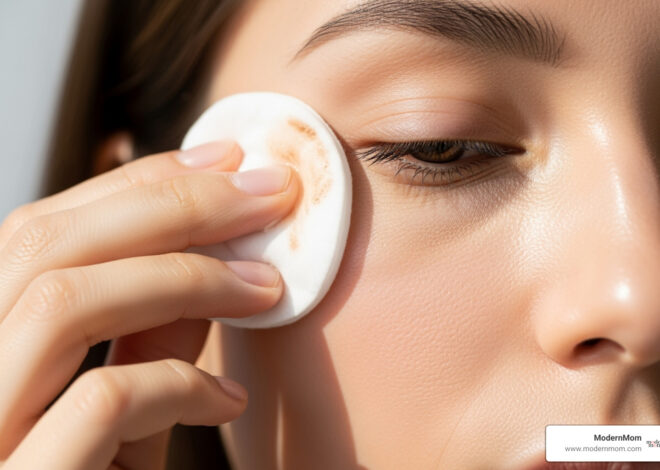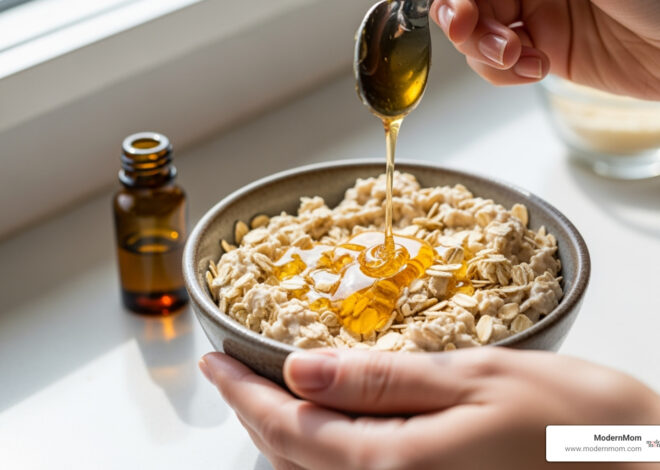Best Hair Growth Products
The average strand of hair grows at a rate of one-half an inch every month, according to the American Academy of Dermatology. Usually, a piece of hair grows for up to six years before it enters a resting phase, and then falls out. Many times, a new strand of hair begins growing immediately to replace the one that was shed. Unfortunately, several factors–including age and genetics–interrupt the normal growth of hair, causing it to slow down or stop growing altogether. Several treatments are available to help your hair grow back or simply to grow it more quickly.
Minoxidil 2 Percent
Commonly sold as Rogaine, minoxidil 2 percent is an ointment you can apply directly to areas of hair loss on your scalp. It helps reverse hair loss due to genetics and causes hair to grow back. Both women and men can use minoxidil to help their hair grow back, though it may be more effective for women, according to the American Hair Loss Association. To use minoxidil, you apply a small amount to the scalp two times a day. The lotion needs to dry completely before you can wash your hair and usually takes several hours to dry. One drawback of minoxidil is that it may take several months before noticeable hair growth begins, and it may not work in all cases.
Ketoconazole Topical
Ketoconazole is an anti-fungal medication available in shampoo or cream form. Although it is commonly prescribed to treat conditions, such as dandruff, ringworm or fungal skin discolorations, it can also help hair grow, according to the American Hair Loss Association. Ketoconazole may work because it reduces the amount of testosterone the body produces. You can get a 2 percent solution of ketoconazole with a prescription or a milder, 1 percent solution over-the-counter.
Fluocinonide
Fluocinonide, a type of corticosteroid, may help hair grow. It is available in prescription form as either a cream or shampoo. Fluocinonide and other corticosteroid creams are used to treat hair loss resulting from alopecia areata, an autoimmune disease. The treatment works by suppressing the immune system so that hair can grow properly.
Biotin Supplements
For your hair to grow, you need to make sure you are getting enough of certain vitamins in your diet. Biotin is a B vitamin that plays a large role in growing healthy hair as well as producing healthy nails and skin, according to an article on Medicine Net. Try taking a daily biotin supplement that contains between 2 and 3 mg of the vitamin to restore your hair.




